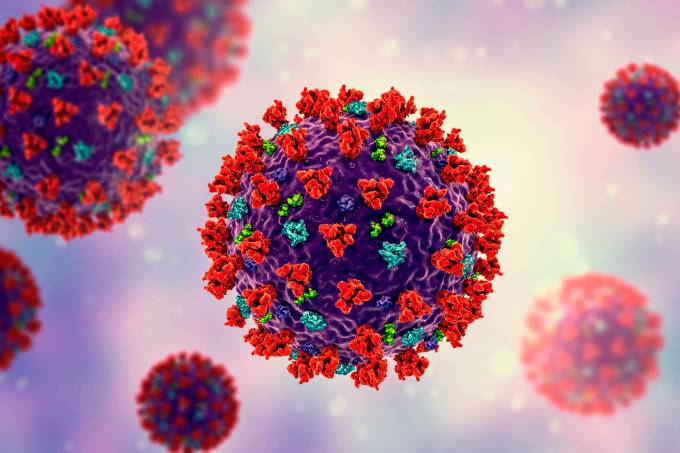Protocol Detail


GASTROENTERITIS IN CHILDREN
Gastroenteritis (gastro) is a bowel infection, usually caused by a virus. It causes runny, watery stool and sometimes vomiting.
Diagnosis
Gastroenteritis in children is common.
Generally it causes diarrhea with or without non-bilious vomiting & colicky abdominal pain.
Most can be managed effectivedly with assertive oral rehydration.
Be wary if there are other significant comorbidities:
· Short Gut Syndrome.
· Cardiac shunts.
· Renal transplants or insufficiency.
· Other risk factors (poor growth & the very young).
Be wary of alternative diagnoses (see below)
Management
Assess degree of dehydration using skin turgor, capillary refill and respirations.
Ensure you obtain an accurate weight.
Encourage oral rehydration whenever possible. Aim for frequent small amounts. Aim for mLs/kg
over 1 hour.
Ondansterone is useful if there is jexcessive vomiting or refusal to drink. Consider sublingual
wafers after consultation with medical officer. Dose: 2mg (8-15kg), 4mg (15-30kg) or 8mg (>30kg) .
NOT recommended in children <6/12 of age or <8kg.
Anti-diarrhoeals are recommended.
Consider Nasogastric rehydration before IV.
Rapid NG fluids can be safe & effective in children >6/12. Consult medical officer prior to
attempting this! Use 100 mLs/kg over 4 hours (ie 25 mLs/kg/hr). If they vomit more than twise slow
the rate down to 9 mLs/kg/hr. If successful,child can probably go home even if not drinking normally
(Discuss with medical officer first).
Stool samples for MC & S are NOT mandatory unless:
· They are septicaemic,
· There is blood and or mucus in the stool or
· They are immune compromised.
Otherwise stools Microscopy Culture & Sensitivity should be considered if:
· The child has recently been abroad.
· The diarrhea has not settled after 7 days.
· There is uncertainty about the diagnosis.
Blood cultures should be taken if antibiotics are to be used.
The electrolytes should be checked if IV fluids are crequired.
FBC 9with cultures & electrolytes) should be obtained if the stool is bloody. If the Hb is low consider
haemolytic uraemic syndrome (ask for a film looking for fragmented RBCs).
Children with acute gastroenteritis should not attend school or daycare centre until AT LEAST 48
hours after their last episode of diarrhea or vomiting. They should not swim in a public swimming
pool for 2 weeks after diarrhea stops.
Important differential diagnoses:
· Acute appendicitis: Increasing pain, localizing in the RIF.
· Intussusception: intermittent pain often with palor & bilious vomiting. Frequently preceded
by a respiratory or diarrheal illness. Occasionally there is a palpable mass behind the
umbilicus or in the epigastrium.
· Volvulus: Abdominal pain with distention & bilious vomiting.
· Constipation: Often recurrent, vomiting is unusual.
· UTI: Vever, vomiting & lethargy with positive FWT.
· Pneumonia: Associated with fevers, cough, tachypnoea & low O2 sats.
· Raise ICP: Irratability, occasionally altered conscious state, seizures, history of trauma.
· Meningitis: Fever, irritability, seizures, altered conscious state.
Pyloric stenosis: Hungry young infant with failure to thrive & large volume non-bilious projectile
vomiting.









